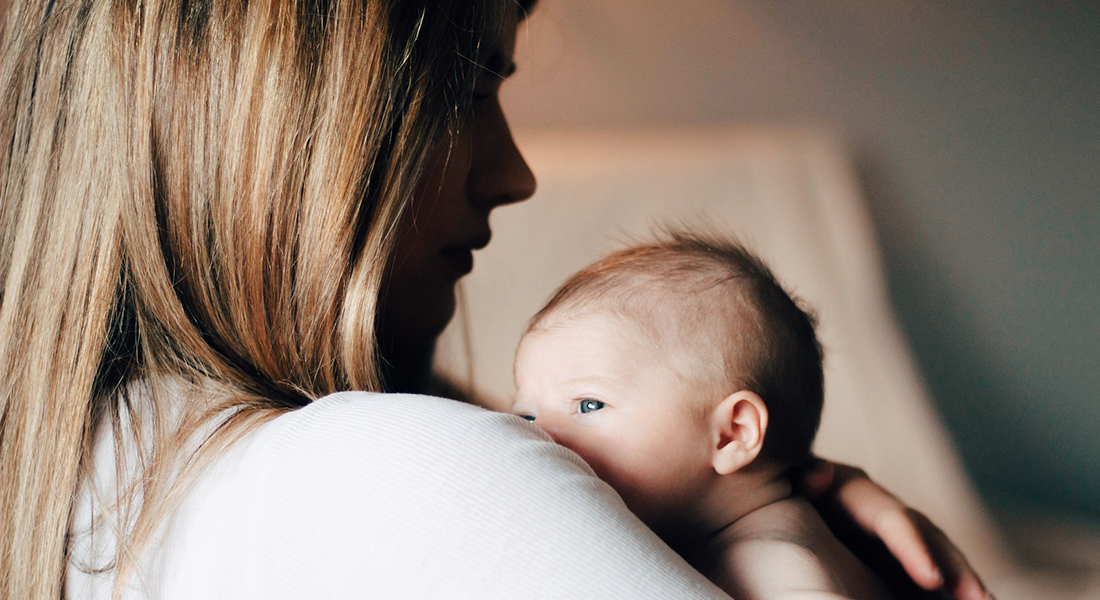A new study shows that Danish children's well-being is improved when their parents take longer parental leave. At the same time, preliminary figures show that earmarked parental leave for fathers causes parents to take shorter leave overall. The earmarking may thus prove to weaken children.

How does the duration of parental leave affect the well-being and development of children? And is there a difference in which children benefit most from longer parental leave?
A new study sheds light on this area, which until now has only been studied sporadically.
Researchers looked at changes in Danish children's well-being after the 2002 parental leave reform, which extended parental leave from 24 weeks to 46 weeks. Before the reform, mothers typically took 7.5 months of parental leave. After the reform, they took 10.7 months - three months more on average. The length of parental leave for fathers did not change after the reform.
"Since the mothers who gave birth before and after the reform only differed in the length of their parental leave, we can compare their children's well-being surveys to see what the longer parental leave has meant for their well-being," explains Ida Lykke Kristiansen, postdoc at the Center for Economic Behaviour and Inequality, University of Copenhagen.
She conducted the study together with researchers from Aarhus University and the Rockwool Foundation Research Unit.
Parental leave affects well-being later in life
The children, who were born in the years around the maternity reform in 2002, participated in the Danish Well-being Survey conducted in well-being survey in 2015-19.
"Our comparison of the children's well-being surveys shows that the children whose mothers took longer leave due to the reform had better well-being at 13-15 years of age," says Ida Lykke Kristiansen.
On average, the child's well-being measures increased by 4.8 per cent for every extra month of parental leave their mother took.
"Each month of parental leave resulted in a small but significant boost to the child's wellbeing. Overall, we can see a significant improvement for the children of the mothers who extended their leave by almost three months," says Ida Lykke Kristiansen.
If earmarked parental leave leads to shorter parental leave overall, our study shows that the reform may impair children's well-being and socio-emotional development. At the same time, there is also a risk of increasing inequality in children's development
Benefits emotional development and social life
The new study also shows that longer parental leave can strengthen children's socio-emotional skills, including their emotional stability.
"Socio-emotional skills may be as important for future health and income as cognitive skills, such as IQ and school performance," Ida Lykke Kristiansen points out.
Finally, the extension of parental leave has reduced inequality in children's well-being and development.
"The children who had the worst starting point were also the ones who benefited the most from extended parental leave. They also had less school absence and higher grades in 9th grade," says Ida Lykke Kristiansen.
Earmarking can backfire
As the 2002 parental leave reform shows, Danish men are not very keen on taking parental leave. According to Statistics Denmark, fathers took a paltry 14 per cent of parental leave in 2021.
To encourage fathers to take a larger share of shared parental leave, last year the Danish Parliament increased the earmarked parental leave for fathers from 2 to 11 weeks. Some critics of the law change were concerned that fathers would not utilise their share of parental leave to the same extent and that the average parental leave period would become shorter.
Preliminary figures from ATP/Udbetaling Danmark indicate that the critics' fears were justified: The total parental leave has so far become shorter after last year's reform.
"If earmarked parental leave leads to shorter parental leave overall, our study shows that the reform may impair children's well-being and socio-emotional development. At the same time, there is also a risk of increasing inequality in children's development," says Ida Lykke Kristiansen.
The study is called "Effects of Extending Paid Parental Leave on Children's Socio-Emotional Skills and Well-Being in Adolescence". You can read it here






